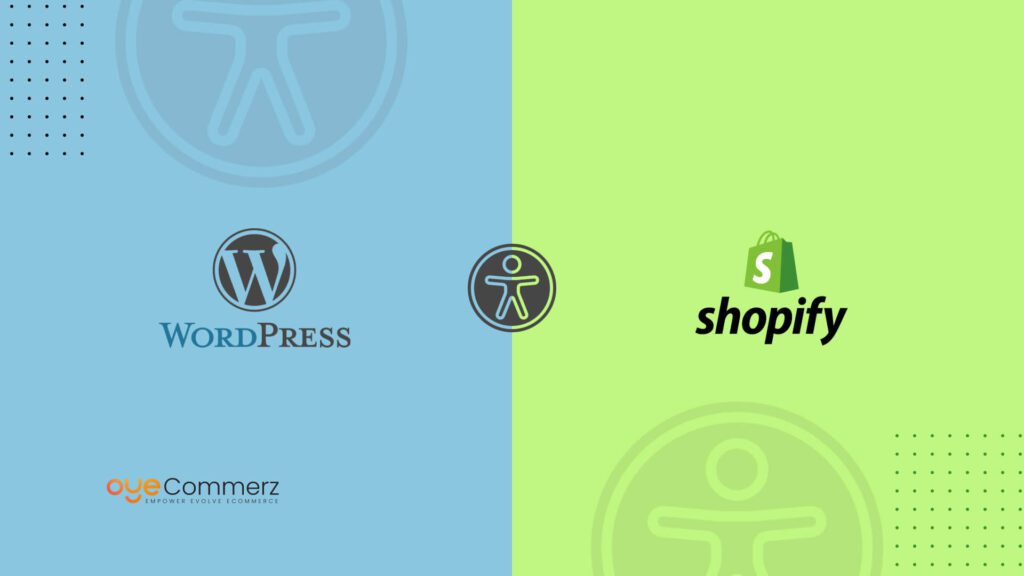In the dynamic sphere of digital commerce, selecting the best system is crucial for your business's success. If you’re at the moment using WP and planning a migration to an alternative, you’re not by yourself. Many businesses are making this transition to leverage Shopify’s robust features, simplicity, and growth potential. This guide will guide you on the journey of migrating from WP to Shopify seamlessly, ensuring that you achieve your online retail potential.
Why Transition from WordPress to Shopify?
Ahead of exploring the migration process, it’s important to understand why this change can be helpful for your online store:
Accessible Tools: Shopify offers an intuitive interface that makes easier store operations, enabling for non-technical users.
Scalability: As your business develops, Shopify can accommodate increased visitors and transactions without affecting performance.
Built-in Tools: Shopify includes integrated features for SEO, analytics, payment management, and additional functionalities, eliminating the necessity for several plugins.
Enhanced Security: With Shopify, you benefit from advanced security features that secure confidential customer information.
Steps for a Seamless Migration
Migrating your digital shop from WordPress to Shopify includes several steps.
Here’s steps to ensure a successful transition:
Plan Your Migration Plan
Start by outlining your migration plan. Decide on which elements of your present site you plan to transfer, such as:
Product data
User details
Transaction records
Posts
Choose the Best Migration Solution
Considering your needs, opt for a migration plan that fits your eCommerce goals. Migration experts delivers multiple options:
Basic Migration Package: Perfect for compact stores with minimal products.
Regular Option: Appropriate for growing businesses with more complex demands.
Premium Migration Package: Best for big stores demanding custom customization.
Backup Your Information
Before initiating the migration, ensure that you have a comprehensive archive of your WordPress site. This step is essential in situations where anything goes wrong during the migration.
Extract Your Content from WP
Leverage plugins or custom scripts to extract essential content from your WP site:
Items
Clients
Sales records
Blog posts
Upload Information into Shopify
After you have your information exported, employ Shopify’s import tools or third-party apps to migrate your information into your Shopify store. Ensure that all Shopify for eCommerce growth content is accurately formatted and arranged.
Adapt Your Shopify Platform
After uploading information, tailor your Shopify site’s theme to match with your business goals. Look into hiring a designer if you want complex customization.
Configure TransactionOptions and Shipping Options
Configure billing solutions and logistics options in Shopify to facilitate a user-friendly transaction experience for customers.
Implement Search Engine Optimization Best Practices
To keep your online visibility during the transition:
Implement 301 redirects from previous URLs to migrated ones.
Update descriptions.
Optimize visual content and content for SEO.
Review Your Migrated Shop
Before going live, extensively test your migrated site. Identify any broken links, transaction errors, or Shopify store testing checklist incomplete files.
Go Live Your Store
Once everything is in order, it’s time to publish! Inform the change to your clients and motivate them to experience the updated capabilities of your Shopify store.
Post-Migration Assistance
Post launching your new store, ongoing support is key. Explore partnering with service providers who can help with:
Troubleshooting
Promotional campaigns
Performance optimization
Conclusion
Migrating from WordPress to this platform can be a crucial move for your online retail. By using this guide and leveraging professional services like those offered by industry leaders, you can achieve a effortless transition that boosts your digital storefront. Adapt to the opportunity and discover the full capabilities of Shopify today!
